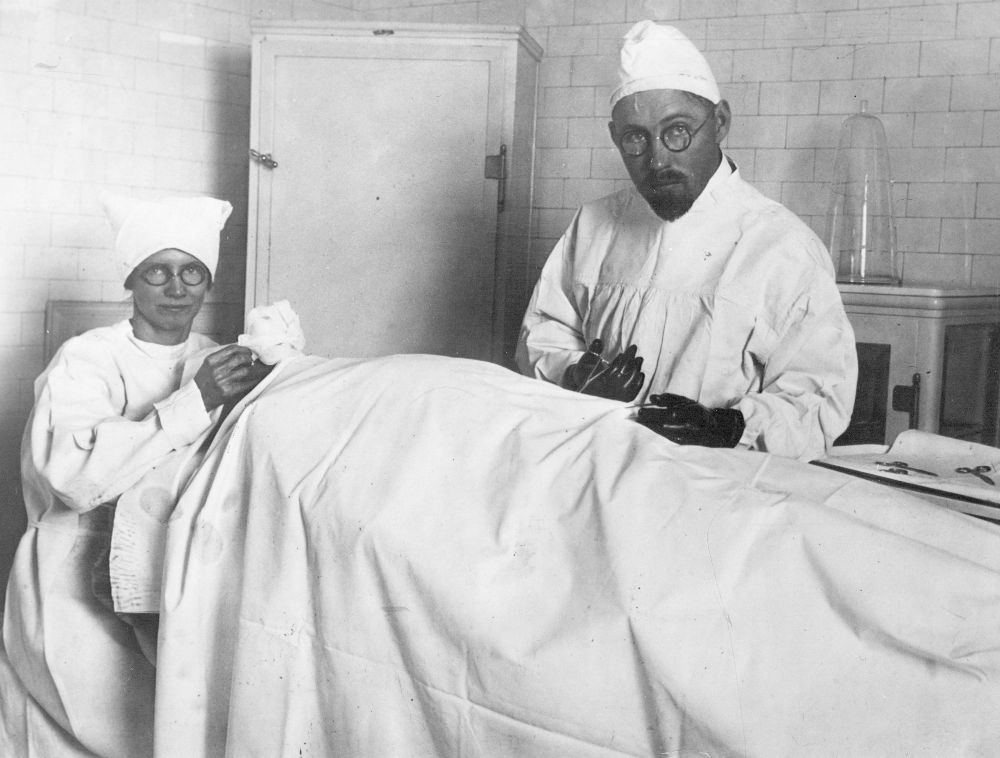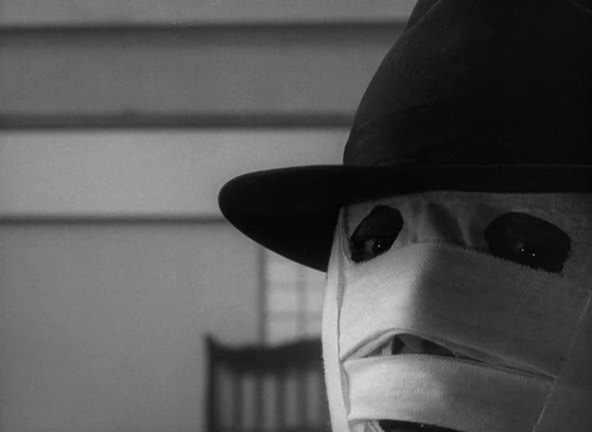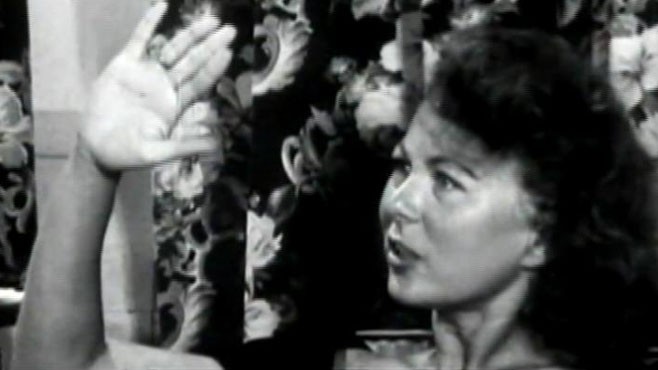Peggy Noonan, an astrologer of politics, is always reading the tea leaves or some such bullshit. Luckily for her, she’s employed in an industry that doesn’t penalize for a lack of accuracy or modest writing talents.
You see, Noonan, that armchair generalizer, thinks that President Obama is divisive. It’s not that the recent vintage of her party disqualifies as all-but-traitorous anyone who deigns to lead the opposition party (Bill Clinton, John Kerry, etc.) or that a large wing of the GOP is extremist and/or racist. The Republicans are desperate to be led by our first African-American President, to come up with sensible bargains and compromises. The current Congress is made up of just such moderates. But that bad Obama guy refuses their largesse and chooses instead to outwit them and create drama.
From a recent Wall Street Journal column in which Noonan interrupts her love of pronouns for, oh fuck, some fantasy-land conjecture:
“After the past week it seems clear Mr. Obama doesn’t really want to work well with the other side. He doesn’t want big bipartisan victories that let everyone crow a little and move forward and make progress. He wants his opponents in disarray, fighting without and within. He wants them incapable. He wants them confused.
I worried the other day that amid all the rancor the president would poison his future relations with Congress, which in turn would poison the chances of progress in, say, immigration reform. But I doubt now he has any intention of working with them on big reforms, of battling out a compromise at a conference table, of having long walks and long talks and making offers that are serious, that won’t be changed overnight to something else. The president intends to consistently beat his opponents and leave them looking bad, or, failing that, to lose to them sometimes and then make them look bad. That’s how he does politics.
Why? Here’s my conjecture: In part it’s because he seems to like the tension. He likes cliffs, which is why it’s always a cliff with him and never a deal. He likes the high-stakes, tottering air of crisis. Maybe it makes him feel his mastery and reminds him how cool he is, unrattled while he rattles others. He can take it. Can they?
He is a uniquely polarizing figure. A moderate U.S. senator said the other day: ‘One thing not said enough is he is the most divisive president in modern history. He doesn’t just divide the Congress, he divides the country.'”
































